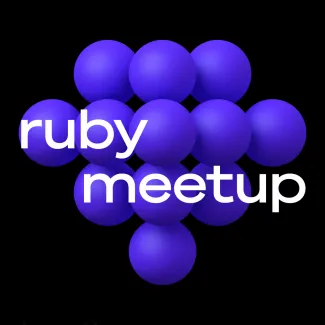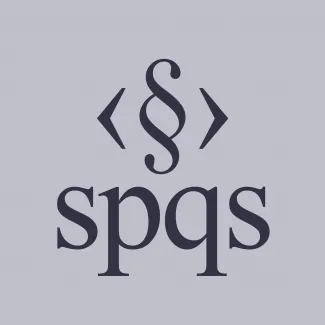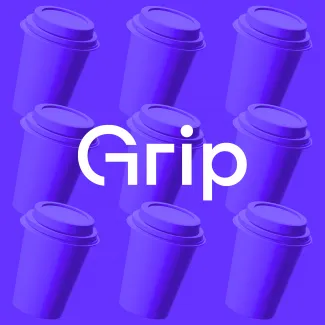Upgrading a Telegram Marketing Platform
Driving Telegram-Based Marketing
Telega.in is a social media marketing platform that helps businesses and influencers promote their content through targeted advertisements in Telegram channels. Using intelligent bots, the platform facilitates ad placements and engages potential audiences in real time, ultimately increasing subscriber numbers and driving traffic to Telegram channels.
Despite its business success, the platform has not been technically updated in years, leading to growing concerns about performance, security, and rising maintenance costs.
Overcoming Technical Debt
When the investors reached out to Singula Team and Evrone, their goal was to make the platform technologically competitive once again. The platform was operating on an outdated technology stack, which was not only limiting growth but also making it more vulnerable to security threats. Several vital challenges emerged during our evaluation:
- Outdated Technology Stack: The platform ran on an old Ruby (2.3.1) version, which had long since lost support. The combination of outdated Ruby and Rails versions exposed the platform to security risks and hampered future development.
- Broken Test Suite: The testing framework needed to be maintained, making the platform prone to bugs as new features were rolled out without proper testing.
- Rising Customer Expectations: As the platform’s user base grew, customers demanded new functionalities and improved reliability. Meeting these expectations required modernizing the platform's underlying technology.
A Strategic Approach
We began by auditing the platform’s existing architecture and identifying areas for improvement. Our strategic approach focused on modernizing the technology stack, improving the development pipeline, and ensuring long-term scalability.
- Platform Audit:
Our first step was to analyze the platform’s codebase and infrastructure. This allowed us to identify vulnerabilities, outdated practices, and areas of technical debt that needed immediate attention. - Core Technology Stack Upgrade:
We migrated the platform from Ruby 2.3.1 to a more current version of Ruby, along with an upgrade of the Rails framework from 5.2 to the latest stable version. These updates drastically improved the platform’s performance, security, and capacity for future enhancements. - Test Suite Rebuild:
We restructured the entire test suite to make sure the platform could be appropriately tested for bugs and performance issues. With the introduction of continuous integration/continuous delivery pipelines, we automated the testing process, making sure that every new update was thoroughly checked before deployment. This reduced the likelihood of introducing new bugs and minimized production risks. - Dependency Management:
We overhauled the platform’s reliance on outdated libraries, updating its dependency management system so that modern libraries could be integrated, keeping the platform relevant and secure. - Legacy Code Refactoring:
Our team refactored large portions of legacy code, optimizing it for better performance while preserving the platform’s core functionalities. We improved the platform's speed and ease of future updates by addressing the accumulated technical debt.
DevOps Strategy
Although the client postponed a Kubernetes migration until next year due to resource constraints, our DevOps team took steps to prepare the platform for this transition. We implemented infrastructure as code using Terraform (Terragrunt) and monitored systems like Grafana and Prometheus to make sure the platform’s performance could be tracked and optimized in real-time.
We plan to containerize the platform using Docker and establish new deployment pipelines to support its evolving infrastructure.
Long-Term Scalability
As we continue to work with the client, we are focusing on several critical upgrades:
- Completing the migration to Ruby 3.2 and the latest Rails version.
- Expanding and optimizing the test suite to ensure complete coverage of the platform.
- Modernizing the database architecture to reduce reliance on custom PostgreSQL configurations and enable greater flexibility for future updates.
- Our overarching goal is to empower the platform to meet the growing demands of its user base while maintaining top-tier performance and reliability.
Future-Proofing a Leading Telegram Marketing Platform
This case study demonstrates how Singula Team and Evrone successfully transformed an aging, outdated system into a cutting-edge solution. By modernizing the technology stack and optimizing the platform’s development lifecycle, we helped unlock new potential for Telega.in and ensured its continued growth in the competitive world of Telegram-based marketing.
If your business faces similar challenges with legacy systems or outdated technology, we’re here to help. Contact us today to discover how we can future-proof your digital platform and set you up for the next growth phase!




















